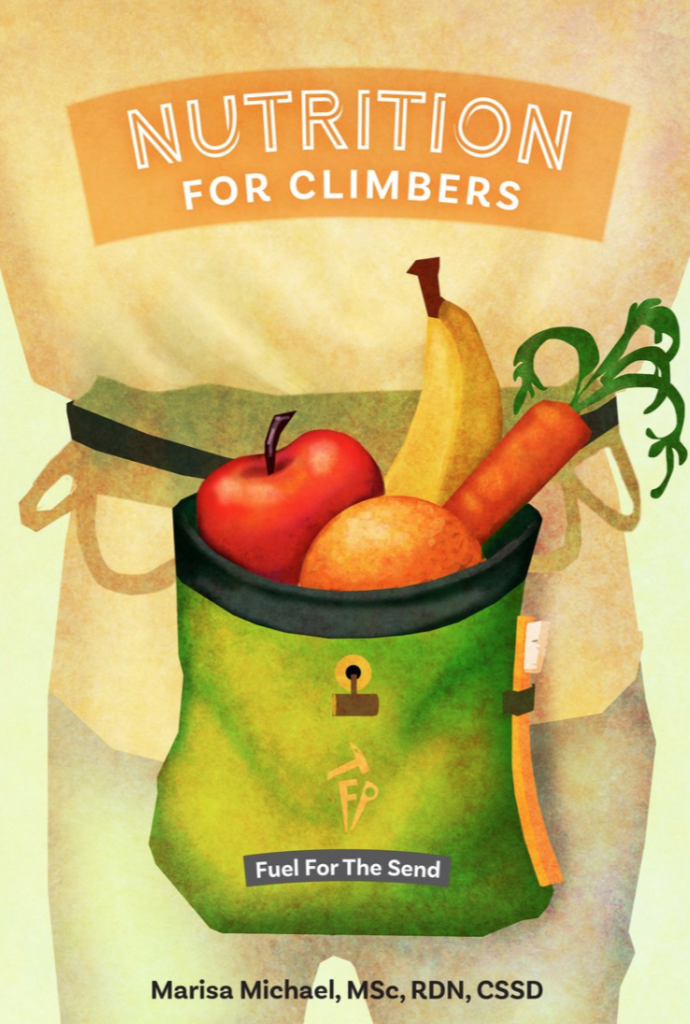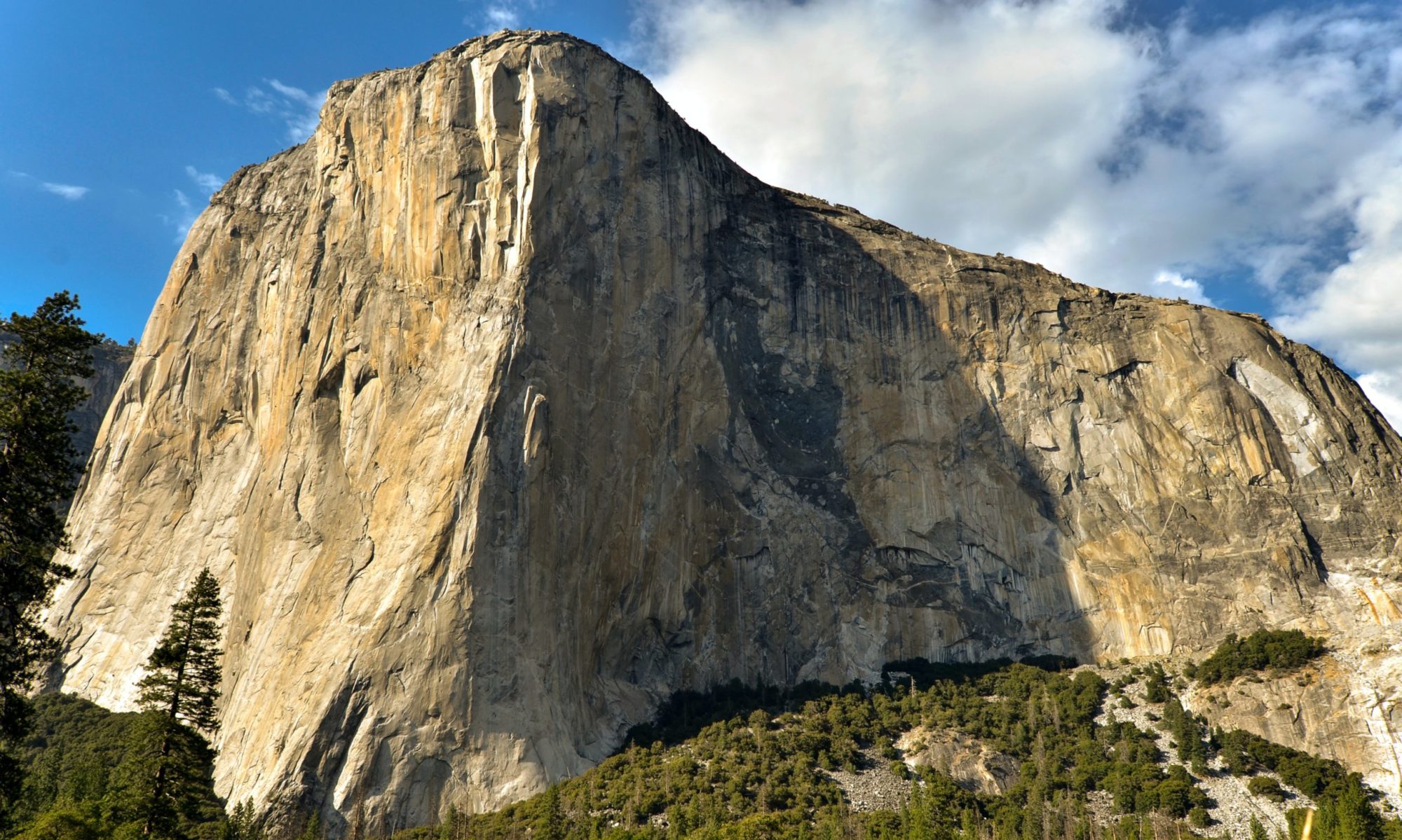
Q: My husband and I have followed a ketogenic diet for a while. It helps a lot with his asthma and makes me feel better mentally (I tend to get ‘brain fog’ if I don’t stick with it), but I was curious what a nutritionist would think about it from a climbing perspective. We have looked for research about whether keto is effective for sports/training, but there’s very limited information in terms of legitimate studies, so I was curious if you had any knowledge about this that would be useful for us with our climbing.
A: The keto diet is certainly a hot topic among people trying to boost sports performance or lose weight. While there aren’t any climbing-specific studies that explore the keto diet (that I’m aware of), we can look at other studies and relate it to climbing.
The ketogenic diet is really, really hard to follow
It’s incredibly restrictive, and most people that say they are “keto” aren’t really (even if you have some urine strips that show some ketone bodies in your urine, this doesn’t mean you are in a true ketogenic state). The keto diet is very low in carbohydrate, which means you are eating mostly fat and protein for your fueling needs. This omits things like dairy, grains, fruits, some vegetables, legumes, and sweets and baked goods. You need to eat around 20-70 g of carbohydrate per day, and that’s all you get.
What are some side effects of the keto diet?
As a result, many people cannot follow it for a long period of time. It can lead to missing nutrients in the diet, digestive issues, disordered eating, and fatigue. Weight loss can occur on the keto diet, but this is only if you are in a calorie deficit (as with all other diets). Weight loss doesn’t occur because of ketosis, it occurs because of a calorie deficit.
In addition, many people mistakenly believe you will “burn” fat on the keto diet, which will lead to weight loss. Um, yes, you are using fat but you are not burning fat that’s stored on your body unless you are in a calorie deficit (which, again, can happen with any diet that induces a calorie deficit). You are burning dietary fat–the fat you eat every day for fuel.
Our bodies are metabolically flexible, which means they can use different fuel sources, depending on what’s available. If you eat carbohydrates, your body can more readily use them for fuel during climbing. If you eat fat, you can train your body to more readily use this for fuel.
However the ketogenic state is one your body really doesn’t want to be in. It’s a last-resort in times of starvation. It’s hard to stay in this state because your body doesn’t prefer it–your muscles and brain prefer glucose as their main source of fuel.
Will keto diet help climbing performance?
Probably not. Here is why: Climbing uses different energy systems, depending on the type of climbing you’re doing. A long endurance multi-pitch sport route would use a mix of carbs and fat as fuel. Speed climbing would use pure carbs for fuel. Bouldering or most other types of climbing would use both carbs and fat. You can read here for more information about why climbers need carbs.
You’re using a mix of both carbohydrate and fat when you’re going at a long endurance pace–similar heart rate and breathing patterns as if you are doing a slow run for hours, or a moderate bike ride.
As soon as you switch to a more intense type of move–working through a crux, or a dyno, or an intense section of a climb–you’re using mainly carbohydrates. We know from the way our body’s energy systems work, and from research in other sports, that performance is either the same or impaired on the keto diet if the sport demands any type of intensity–a sprint to pass an opponent, a heavy lift, an explosive move to catch a ball, etc.
So if you are on a keto diet (and I mean actually really following it where you’re body is in a ketogenic state), you may feel impaired performance while climbing if it involves any powerful, heavy strength, or intense moves. You may feel just fine if it’s slow endurance climbing.
Some people respond better than others to a low carb diet
In some studies on low carb/keto diet and sports performance, most people across the board either perform the same (but feel crappier), or perform worse when on this type of diet. Their performance improves when they eat enough carbs to match the workload and type of energy system their body is using for the sport.
But some people are “responders” and feel better and perform just fine on the keto or low carb diet. So this may be the case with you or your husband.
Pay attention to how to feel and if you feel like your climbing performance and energy levels are impaired or improved.
But we definitely know that the energy systems involved with intense, powerful moves need carbs–so if your climbing involves these moves, I would recommend adding in carbohydrate at least for that day you’ll be climbing. Good luck!
~This is general information only and not nutrition advice. Always consult with your healthcare provider before undergoing any diet or lifestyle change.
For more information, check out our online courses in climbing nutrition
And yes, our book, Nutrition for Climbers: Fuel for the Send talks all about keto, carbs, and how to fuel the send.

Some references on the keto diet for sports performance
Ketogenic Diet’s Impact on Body Fat, Muscle Mass, Strength, and Endurance
Burke LM. (2015). Re-examining high-fat diets for sports performance: did we call the ‘nail in the coffin’ too soon? Journal of Sports Medicine, 45(Suppl 1):33-49.
Hawley JA, Lundby C, Cotter JD, Burke LM. (2018). Maximizing cellular adaptation to endurance exercise in skeletal muscle. Cell Metabolism, 27:962-976
Impey SG, Hearris MA, Hammond KM, Bartlett JD, Louis J, Close GL, Morton JP. (2018). Fuel for the work required: a theoretical framework for carbohydrate periodization and the glycogen threshold hypothesis. Sports Medicine, https://doi.org/10.1007/s40279-018-0867-7
Wroble KA, Trott MN, Scheitzer GG, Rahman RS, Kelly PV, Weiss EP. (2018). Low-carbohydrate, ketogenic diet impairs aerobic exercise performance in exercise-trained women and men: a randomized-sequence crossover trial. The Journal of Sports Medicine and Physical Fitness, doi: 10.23736/S0022-4707.18.08318-4

